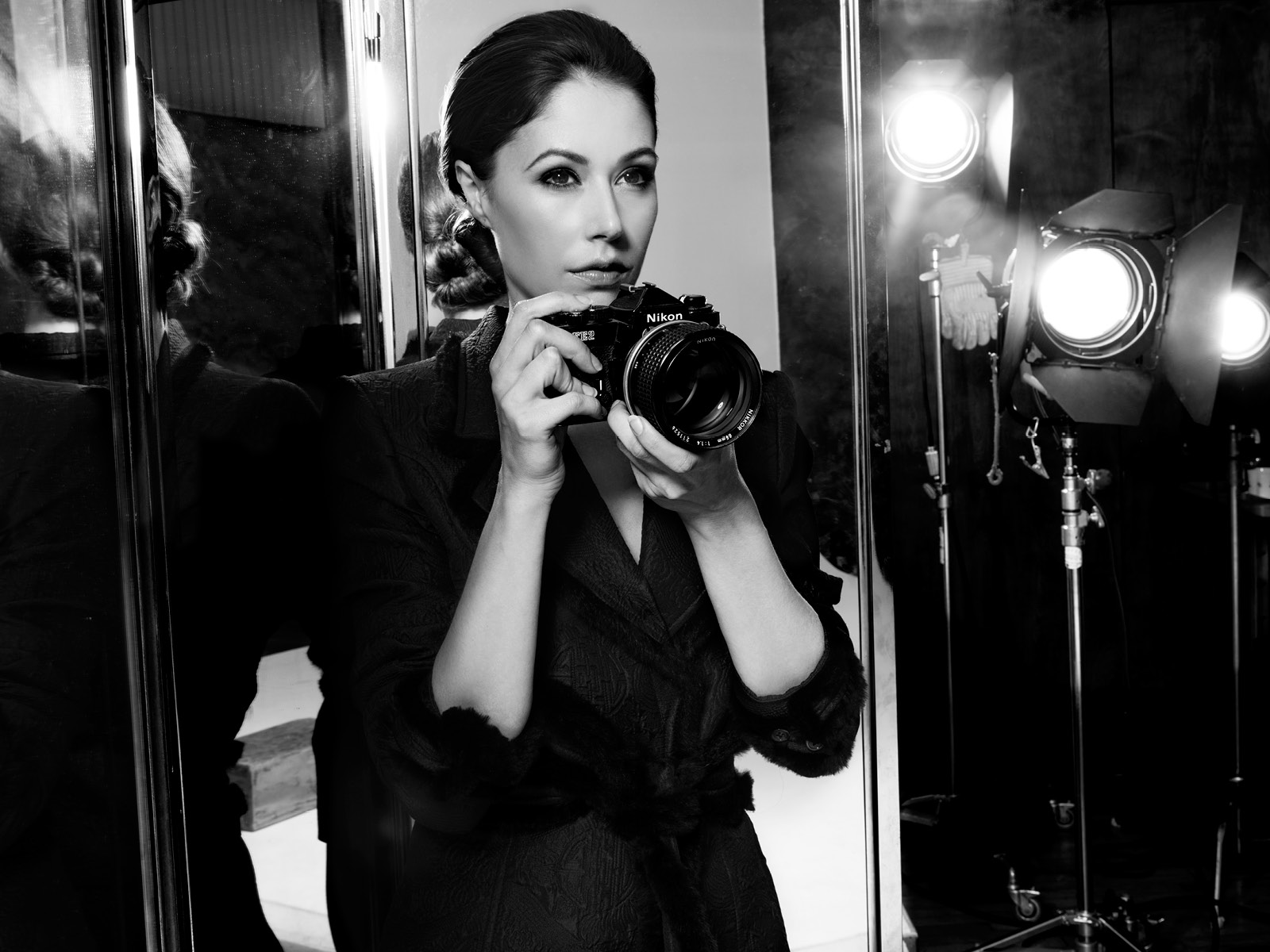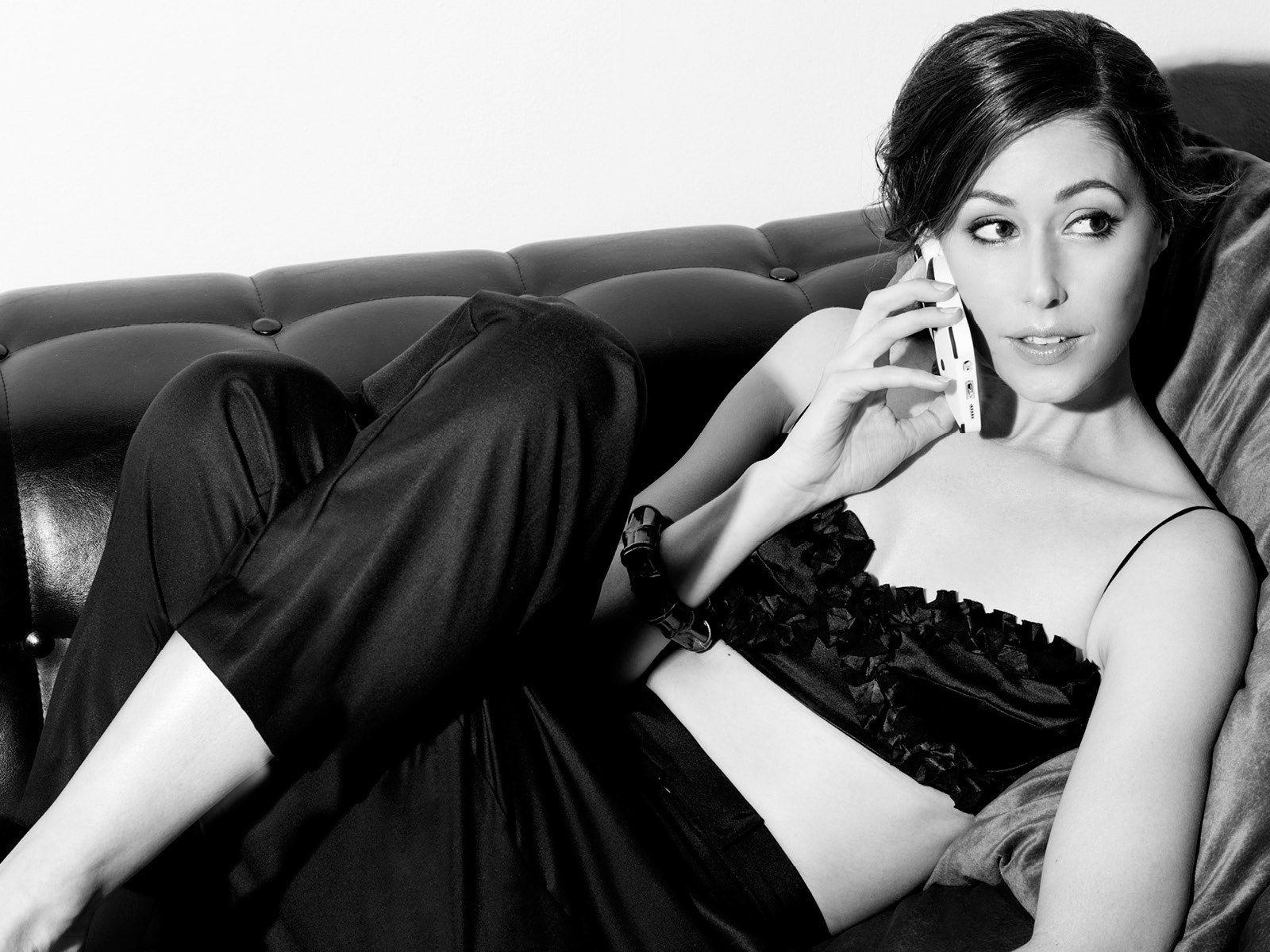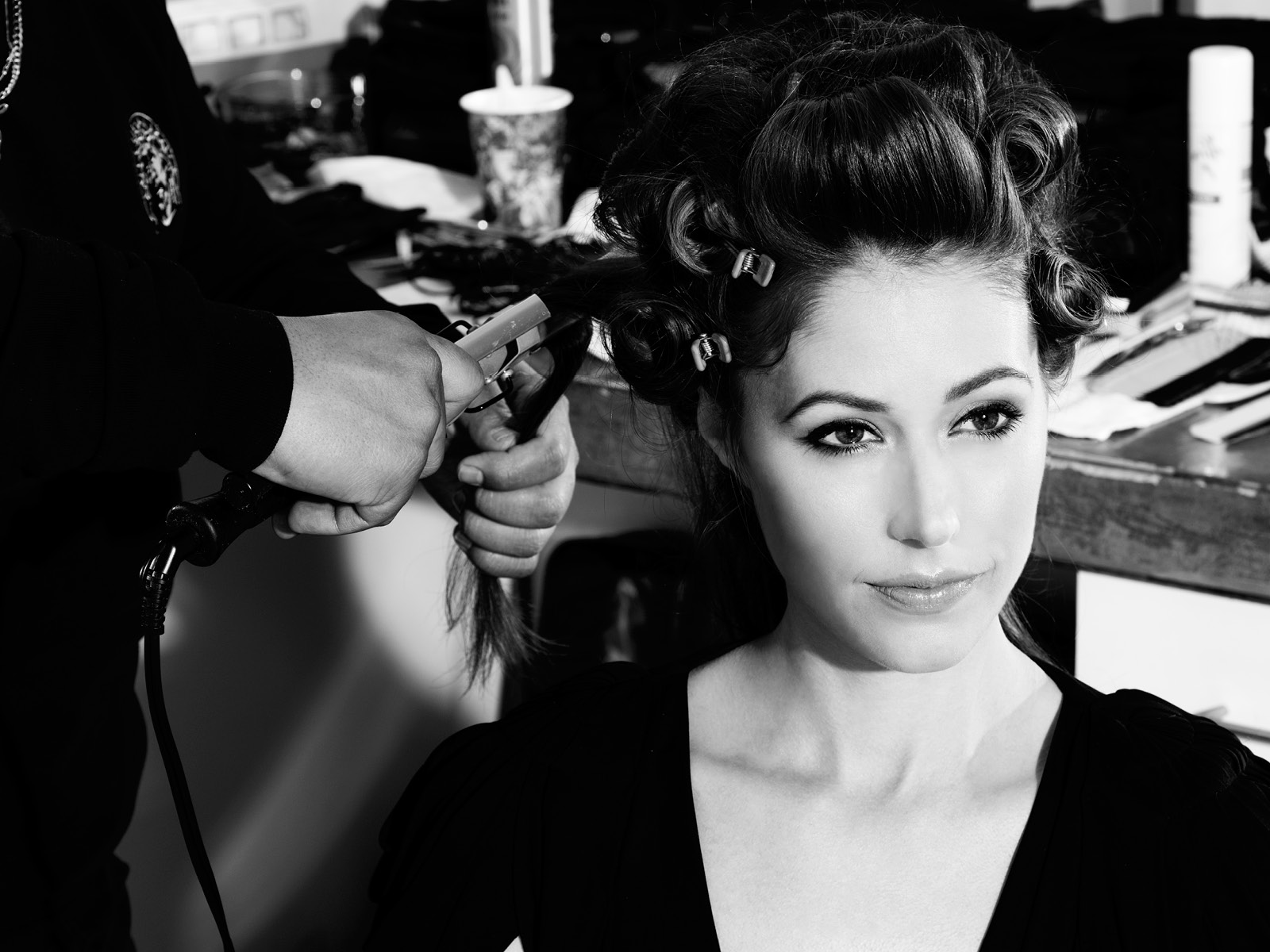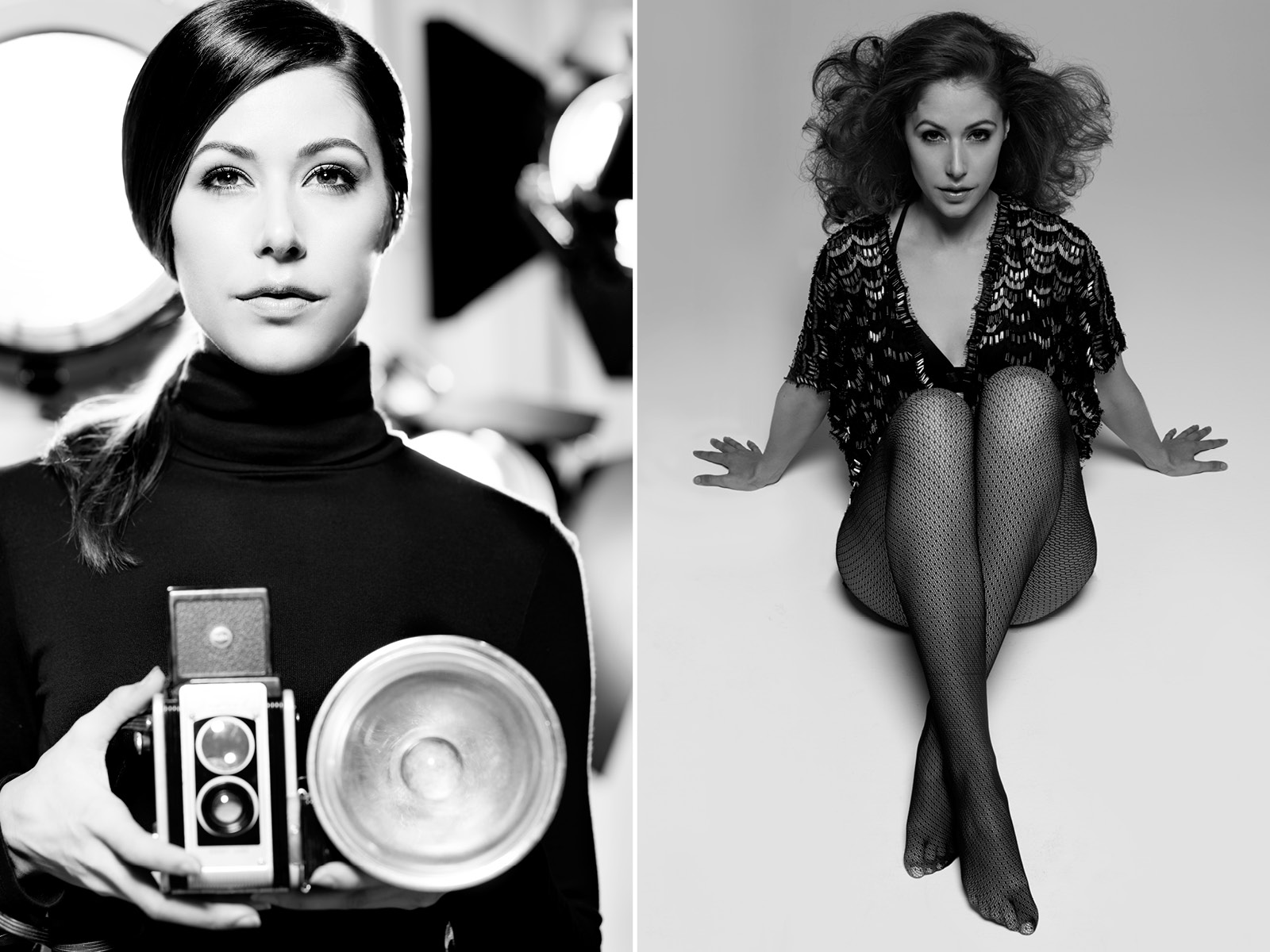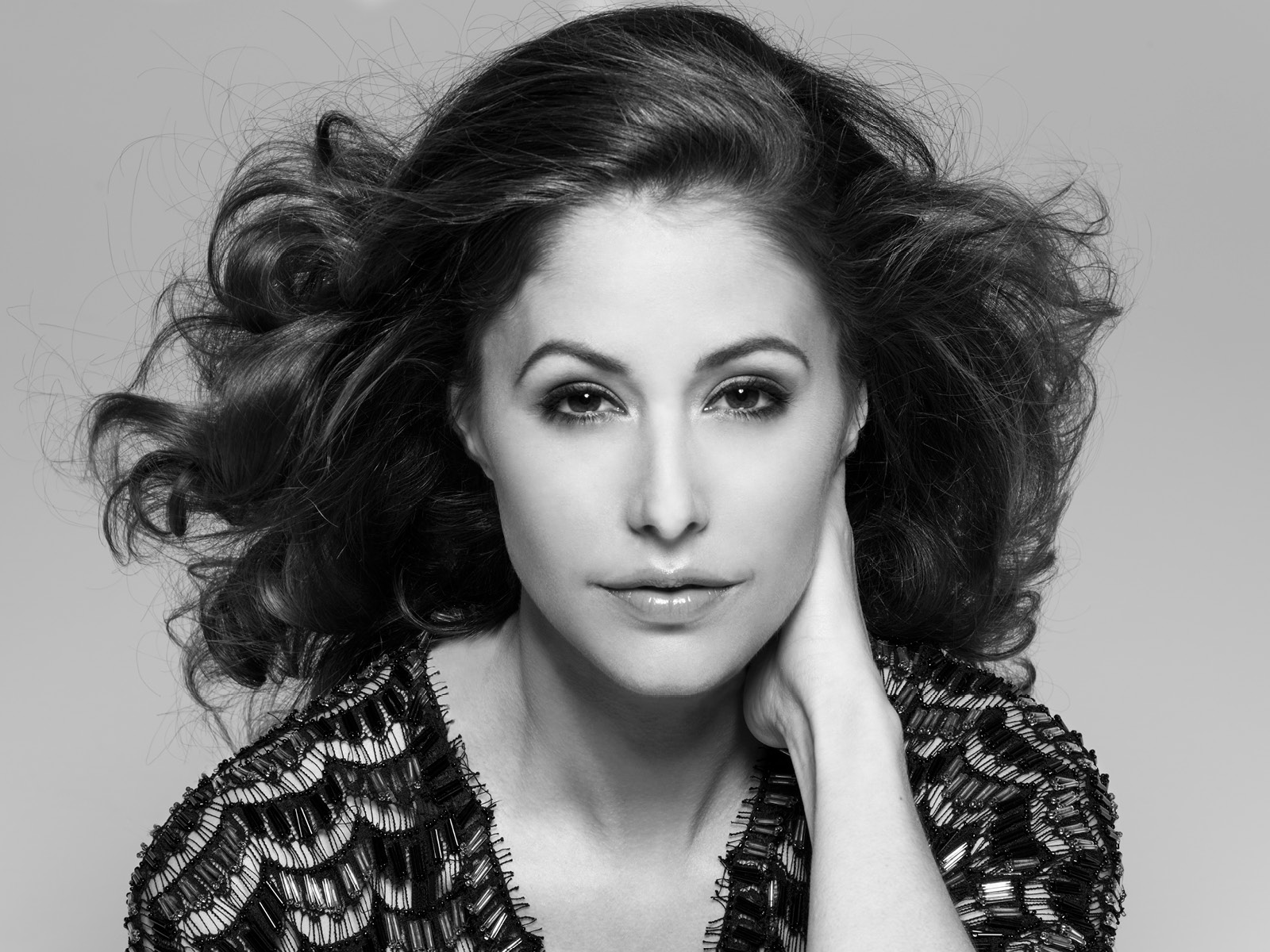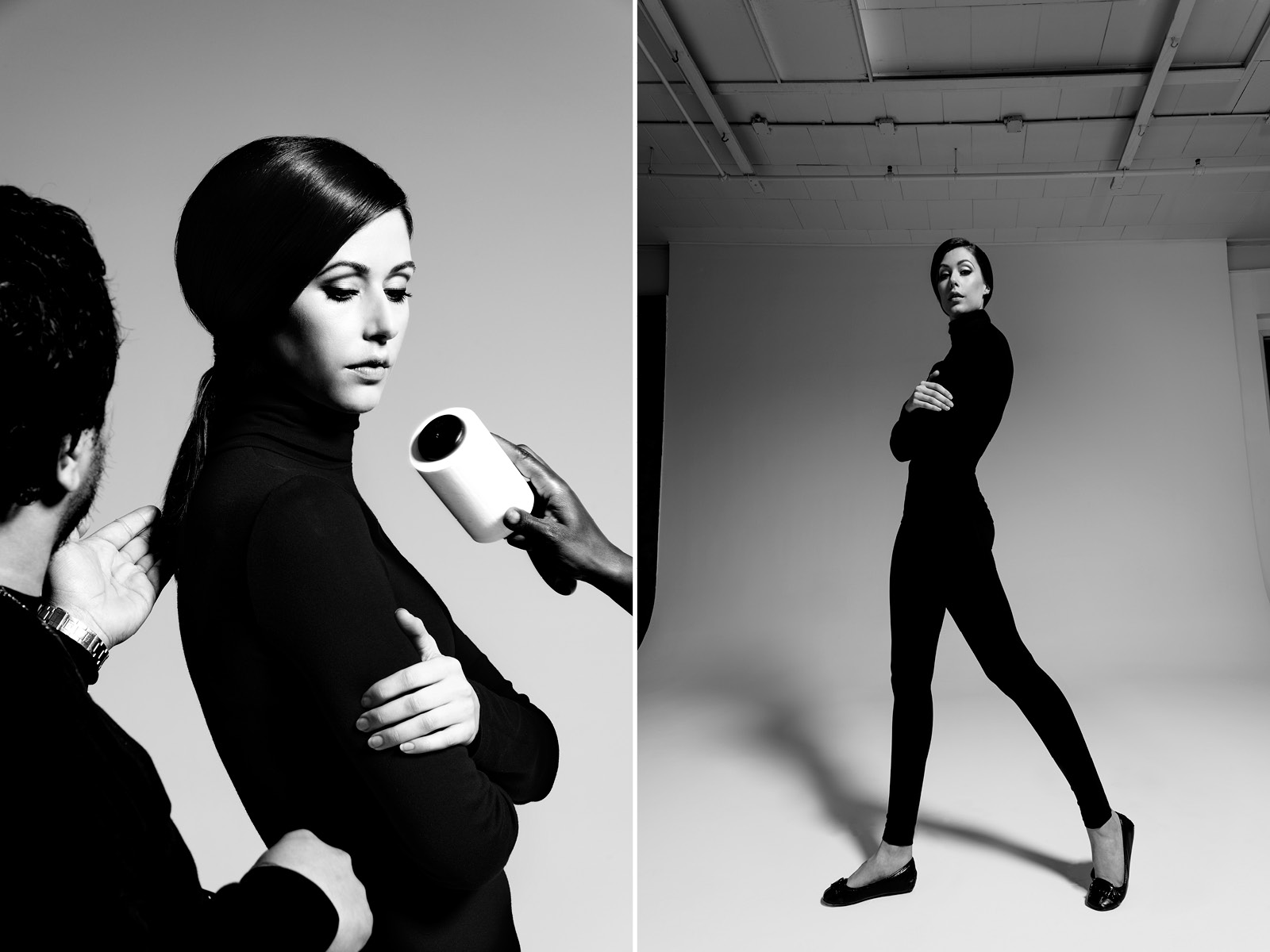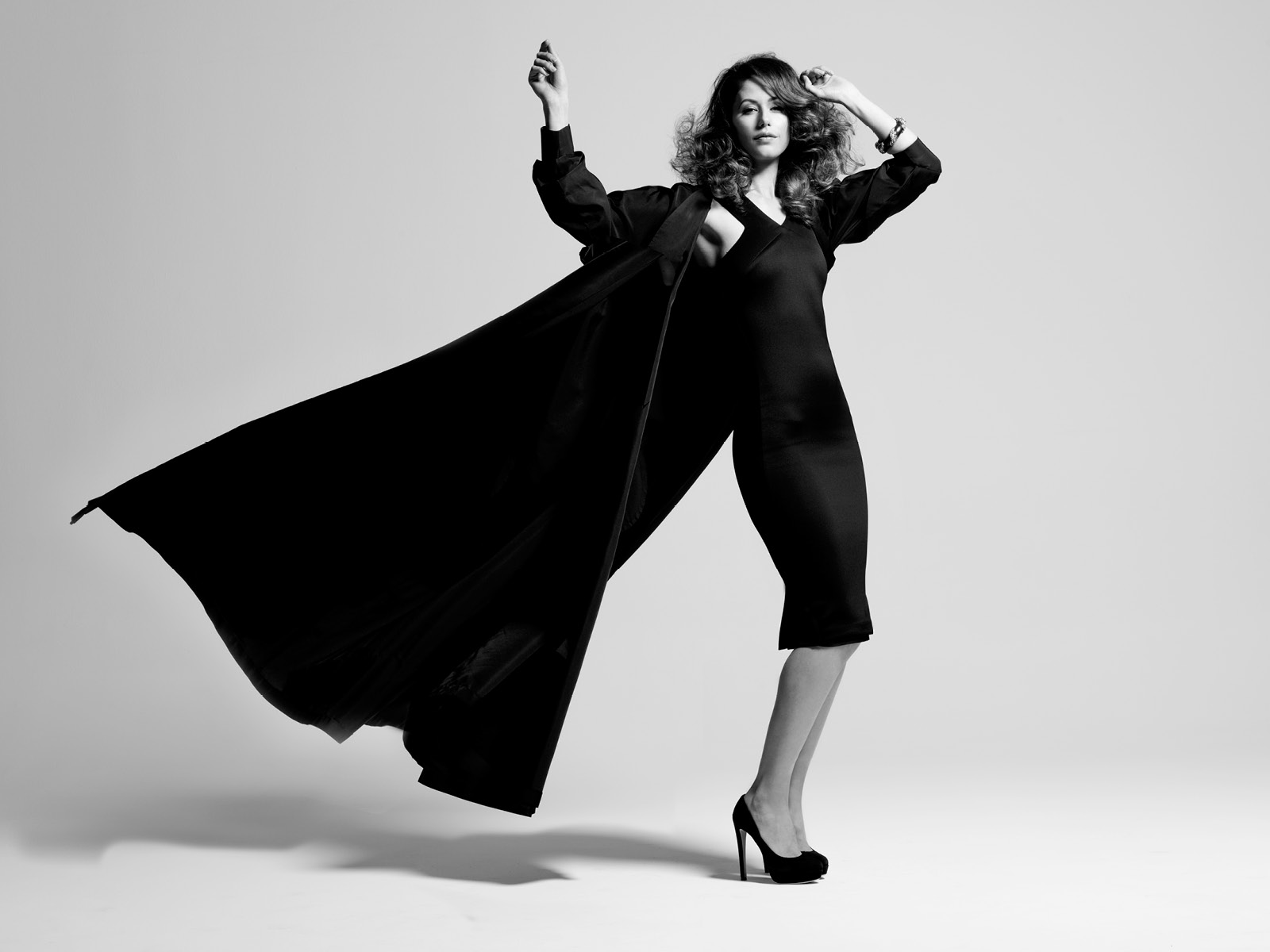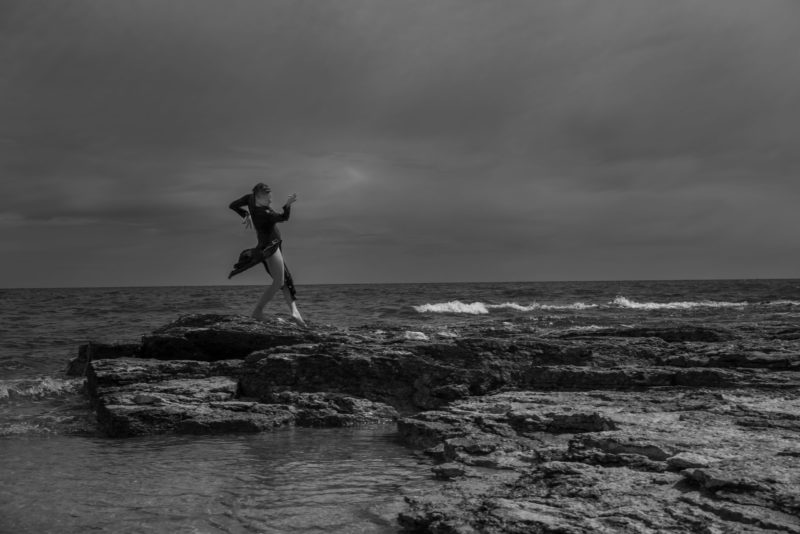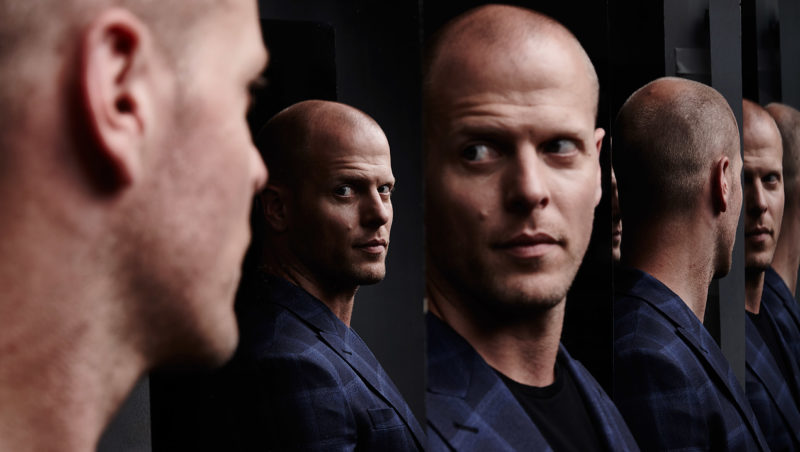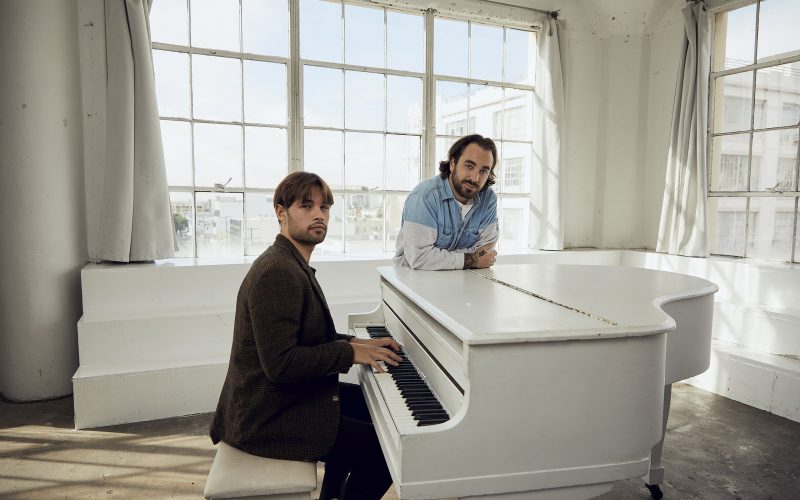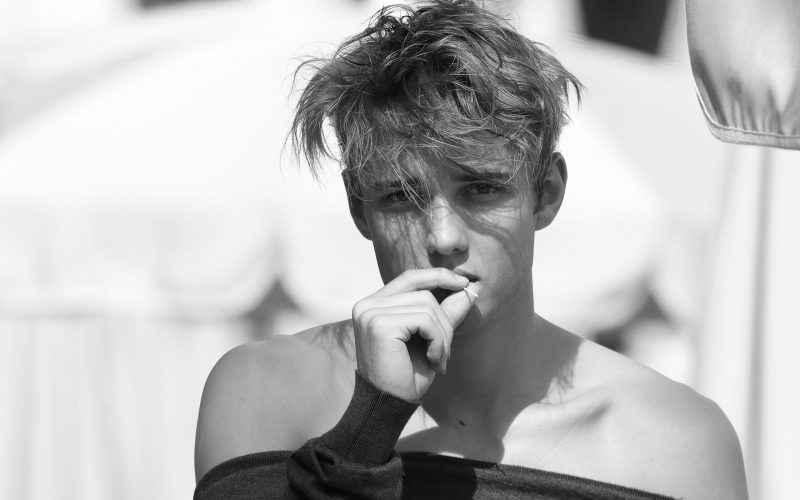JOSEF HENRY RODRIGUEZ: Do you have any deal-breakers for accepting roles?
AMANDA CREW: When I started acting, getting to travel was thrilling and I’d take any job that took me out of my city. Now that I’m older it’s not the most persuasive element. The idea of being nomadic seduced me, but now I’m not trying to run away from my life. The only reason I’ve turned down a job is because I didn’t click with the material: Do I love this story? This character? This filmmaker?
JR: How do you deal with being rejected?
AC: It sucks. It’s the hardest part about being an actor.You work on the audition scenes for days, andyou go to those darker places of yourself to bring to the role. It’s like going on a blind date andimmediately feeling that the person is “the one.” And on the date you let down all those walls youbuilt and allow yourself to be incredibly vulnerable because you feel it’s worth it for that person tosee you. Then you go home and get a call saying, “Thanks but no thanks.” It hurts. But I’d rather put my heart out there and know I tried instead of locking it up and thinking, “What if?”
JR: How did you discover your passion for cameras?
AC: I bought my first DSLR eight years ago, but was so intimidated that I used it for a day and didn’t touch it for years! Photography made the most sense as a creative outlet that I could pick up and put down when I felt the need, since I don’t have that luxury with acting. Photographer friends showed me how to use my camera and I’d watch instructional videos and read books; I’m starting to get the hang of it.
JR: How do you create a single image that resonates as much as a film or tv show?
AC: That’s what I love about photography: You have to capture in one frame what film captures in a whole scene. My favorite images are ones that take you back to childhood, remind you of an emotional time, make you reflect on an idea. I don’t put much thought into the image before I shoot; I take what’s happening, what the model is giving me, and move from that. My favorites are when the subject isn’t expecting it; they’re either lost in thought or laughing. I love imperfections, which is why I love film photography.
JR: What’s it like to work with Silicon Valley creator Mike Judge?
AC: Mike is awesome! He’s incredibly talented at what he does because he is really smart. I mean educated smart – he used to be an engineer. He has a great ability to observe situations and dissect what’s funny or odd and make it work organically in a scene. And because of his history in cartoons, he’s a really visual director who can pinpoint in a clear way what is or isn’t working. His style of comedy is usually a social commentary, an observation. It’s comedy that makes you think about things. I love that.
JR: Have you considered writing or directing a film?
AC: I’ve been asked that, but haven’t yet felt the itch. However, since I was a kid I’ve had a deep obsession with music videos. It’s a beautiful art form I would like to dig into.

